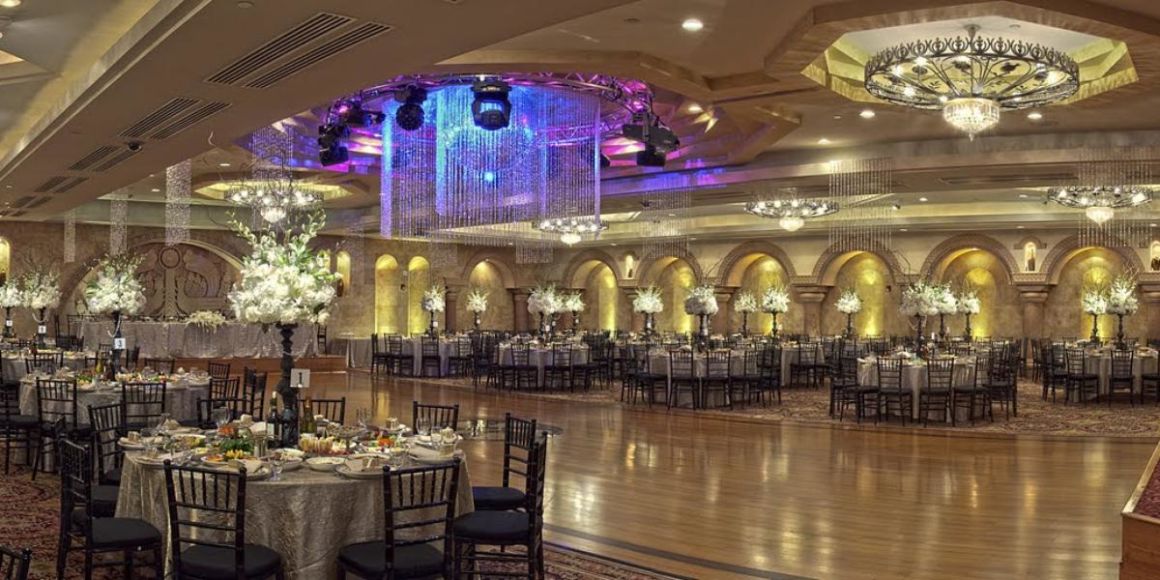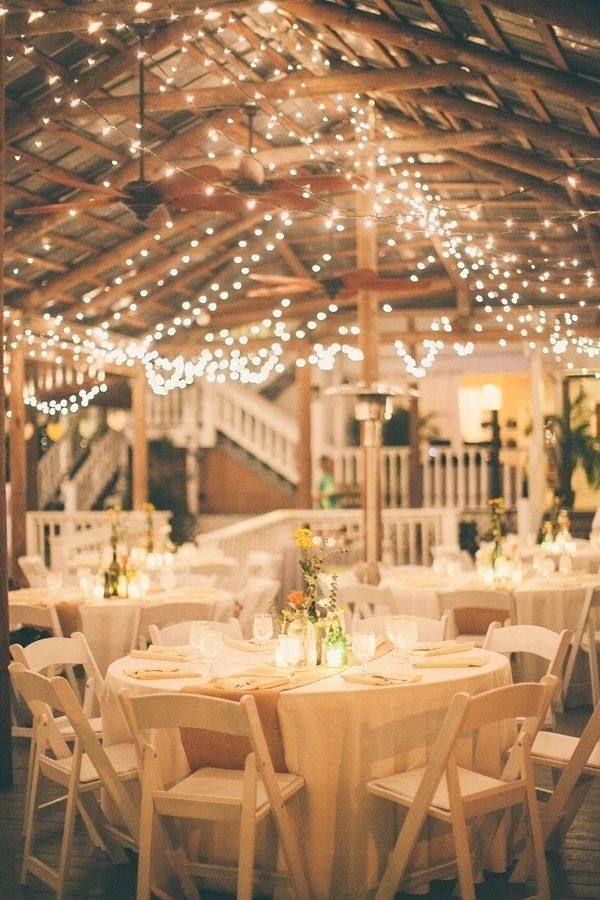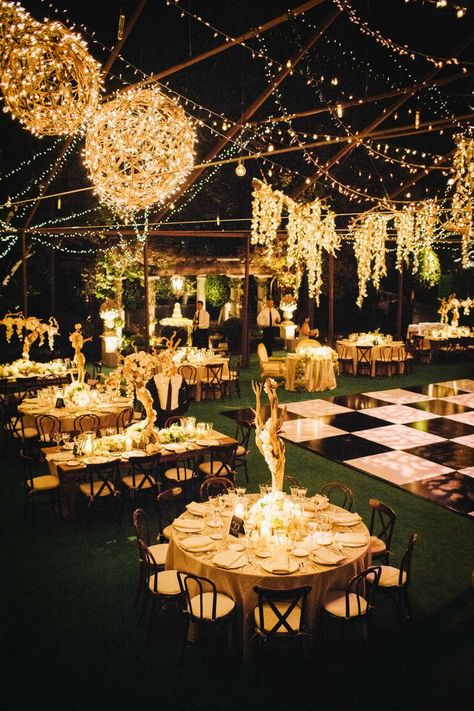After the adrenaline rush that is getting engaged, beginning the actual planning process for your wedding seems like a complete and utter drag. Choosing your venue is perhaps the most difficult of all, as your wedding location is the most crucial yet most back-breaking decision. There is little in life less exciting than sifting through miles of wedding venues guidebooks, reading meaningless specs and looking at retouched photos.
The only valuable way to evaluate wedding venues is to see them in person — but not every bride- and groom-to-be understands why and how site visits can be so worthwhile. To save time, energy, and money, and to find the wedding venue of your dreams, learn how to evaluate venues on-site.
Bring Tools
Merely seeing a venue in-person isn’t enough to tell you whether the space is right for your wedding. Only hard data will allow you to accurately compare different sites so you can choose the best option for you. In order to measure and record, you will need to prepare and bring along a bevy of tools you can pull out to ascertain and log your tour guide’s facts. At the bare minimum, you should have:
- A reliable tape measure
- A working pen
- A sturdy notepad
- Swatches of your colors
- A fully charged camera
Take Your Own Pictures
Just like glossy photos of celebrities in magazines, the glamorous images of wedding venues on their websites are enhanced and edited. Venues want to put their best face forward. Wide-angle lenses make rooms look larger than they are, and special filters make lighting more pleasing. Some venues may represent themselves truthfully on the Web — like Anoush.com for wedding halls and catering — but more often, the rooms shown on venue websites look dramatically different than they do in real life.
Though you can use online images to narrow down your search before scheduling walkthroughs, during your tour, you should use your own faithful camera to snap pictures of the spaces. Then, you can judge for yourself how your own wedding photographs will look if you select the space.
Ask Questions
Most venue guides are experienced employees, perhaps even managers and directors of the site, which means they know nearly everything there is to know about the rooms and services. However, just because they have this information doesn’t mean they’ll share it freely. You should be prepared to make a thorough investigation of the place by interrogating your guide with any and all pertinent questions. For example, you should at least ask:
- How many hours are included in the rental?
- Where are the entrances/exits and restrooms?
- Where does catering set up?
- Are there any restrictions on alcohol or noise?
- Does the venue provide equipment?
- How many events does the venue schedule in one day?
Discuss Logistics
You should let the venue know every minute detail of your big day. Obviously, they should know how many guests to expect and when your event will begin, but you should also explain seemingly insignificant design details so they understand exactly what you want the space to look like on your wedding day.
For example, they should know how many extra tables need to be set up for cakes, guest books, pictures, and other décor. They should know the size of your table decorations. They should know when different wedding activities will take place, including the bouquet toss and the newlywed getaway. Though you might not be certain of every detail at this early stage of wedding planning, you should discuss as much as possible to ensure you don’t have to compromise on any of your ideas.
Haggle, Haggle, Haggle
Not many people realize that the quotes they receive from venues and other vendors aren’t necessarily set in stone. Many wedding vendors are willing to negotiate prices, as long as you remain reasonable. Negotiation seems to be a lost art, but if you endeavor to haggle with your potential venues (and even other vendors) you may be able to shave thousands off your wedding expenses. You will get the most value from negotiating with venues, which usually eat up a third to half of the entire wedding budget. As long as you practice sage negotiation tactics, you should leave with a comfortable compromise for you and your venue.







